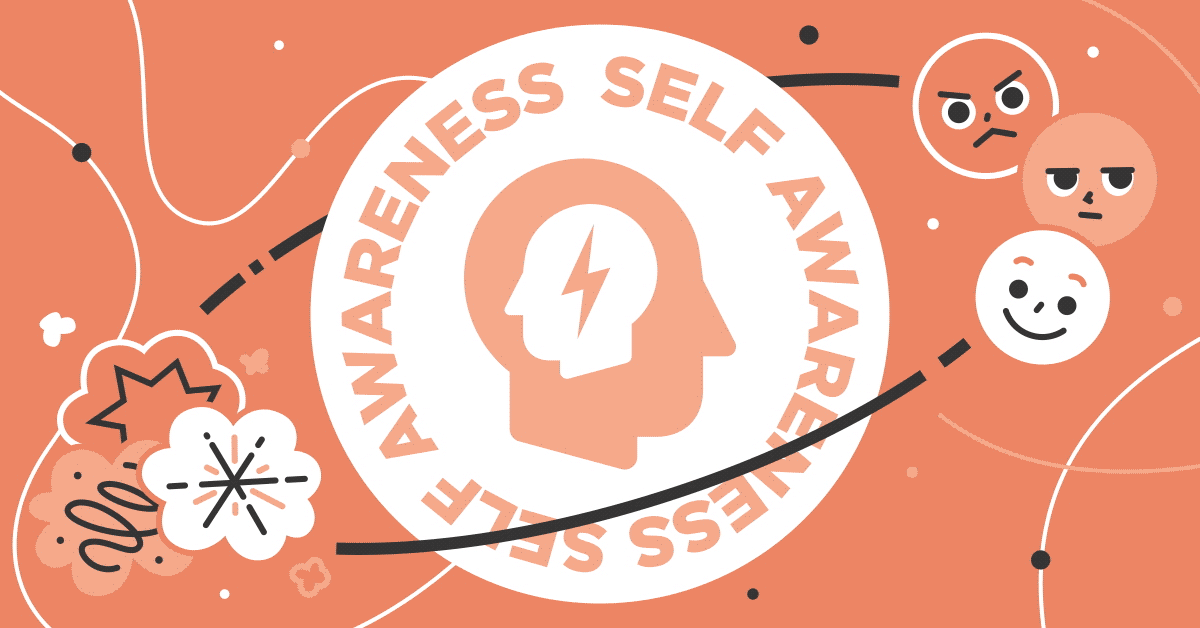By Rob Panepinto
While attending the Florida Venture Forum last week, I had the opportunity to meet with early-stage CEOs from across the State. Most were seeking investments or other types of partnerships, and one meeting led to an interesting dialogue that highlighted a critical element for a scalable leader…self-awareness.
In the midst of a conversation he and I were having over the future plans for the company, from product development, to which markets to scale, to the capital he hoped to raise, he said to me, “And I am probably not the guy to get us there.” He went on to explain that he was primarily an engineer, loved designing new products, and was proud and excited to get the business to this stage, but that maximizing the opportunity was likely going to need someone with a different business background and experience than his. “I believe we have really built something game-changing and getting it out into the market is the most important thing to me.”
I could tell that while he was telling me this, he was having some reservations. Would my view of the company, the technology, of him, change because of his candor? Sensing this, I immediately told him how much I appreciated how self-aware he was. As someone who spends a great deal of time working with early-stage company CEOs, I shared with him that that level of awareness and maturity were traits investors, partners, employees, etc love to see in a leader. In fact, the CEO who believes that she/he has all the answers are the one’s people are most concerned about in terms of scalability.
But why would admitting you can’t do something be a positive? Isn’t entrepreneurship about grit and absolute confidence regardless of what is in front of you?
First, what his comment said to me was that the success of the business was his primary goal. He was putting the scaling of the business in front of any personal or ego implications. One of my early mentors would say to me, “If we take care of the business, the business will be able to take care of us.” That has always stayed with me.
Second, it told me that he had a good sense of where the business needed to go and a fair assessment of where his best use was going forward, given his unique experience and expertise. That understanding makes the likelihood of finding a partner who can help manage/scale the elements of the business he cannot more likely. This will hopefully lead to a higher probability of success for the business as a whole.
To be clear, my message here is not that the early-stage CEO will need to be replaced at some point in order for his or her company to scale successfully. Not at all. In the beginning, you were likely doing everything whether it was in your wheelhouse or not. However, as your company scales, who and what you need to maximize the opportunity for growth will change. The confidence to both “put the business first” and effectively assess where your skills need to be complemented by others you bring on board is the sign of a leader who can effectively scale.
The University of Central Florida Business Incubation Program is a community resource that provides early-stage companies with the tools, training, and infrastructure to become financially stable, high growth/impact enterprises. Since 1999, this award-winning program has provided vital business development resources resulting in over 300 local startup companies reaching their potential faster and graduating into the community where they continue to grow and positively impact the local economy.
With eight facilities throughout the region, the UCF Business Incubation Program is an economic development partnership between the University of Central Florida, the Corridor, Orange, Osceola, Seminole, and Volusia Counties, and the cities of Kissimmee, Orlando, and Winter Springs. For the 2017/2018 fiscal years, the activities of these participating firms have helped to sustain more than 6,725 local jobs and have had a cumulative impact of over $725 million on regional GDP and over $1.3 billion on regional sales. During the same period, the program has returned more than $12.00 in state and local taxes for every $1.00 invested in the program. In addition, for every $1.00 of public investment, the firms also produced $118 of additional regional GDP and $226 of regional sales. For more information, visit www.incubator.ucf.edu.






